Selling a Restaurant: What Documentation is needed?
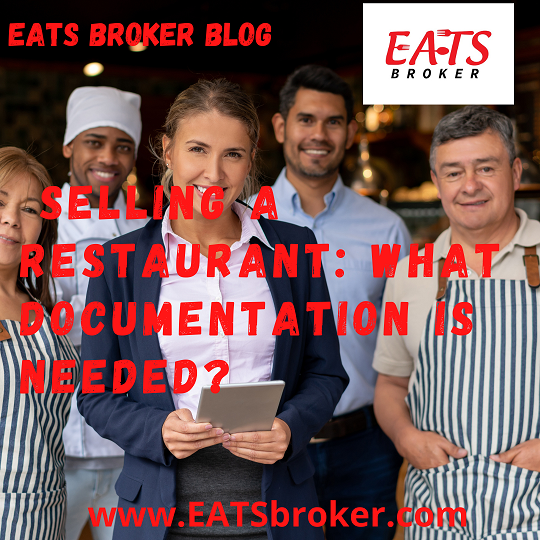
When selling a restaurant, what documentation is needed from the seller? The answer is simple it depends on what type of sales transaction. Trained Restaurant Brokers use two methods when providing a Restaurant Valuation to a seller. The most profitable and best way to sell a restaurant is based on past Profit and Loss Statements […]
Selling a Franchise Restaurant vs Non-Franchise
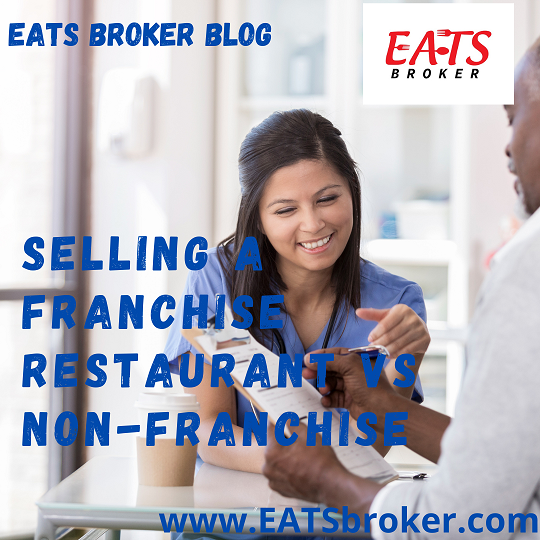
What are the Pros and Cons of Selling a Franchise Restaurant vs. Non-Franchise is a common question EATS Restaurant Brokers receives from sellers? Franchise Restaurants for Sale make up 60%-70% of all restaurant sold listings annually. Why is the number so high compared to independently owned restaurants? The hard facts are only 30%-40% of restaurants […]
Understanding Add Backs when Selling a Restaurant
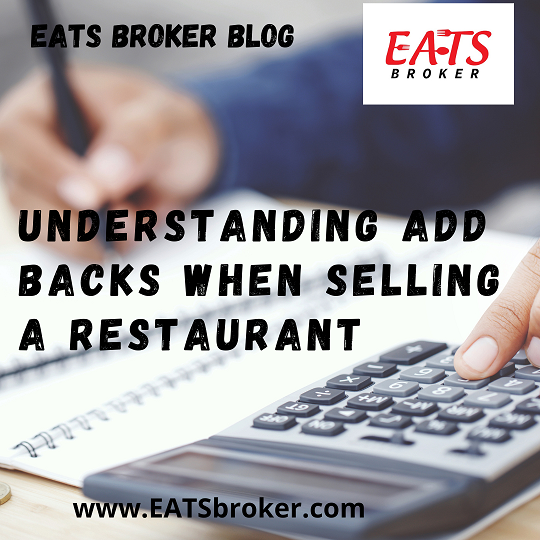
Understanding Add Backs when Selling a Restaurant can be difficult for inexperienced restaurant buyers and restaurant sellers to understand. The real value is more than just the bottom net profit number on the profit and loss statements and tax returns. When it’s time to sell a restaurant, how do you know what to add […]
Virtual Brands do they work for restaurant owners?
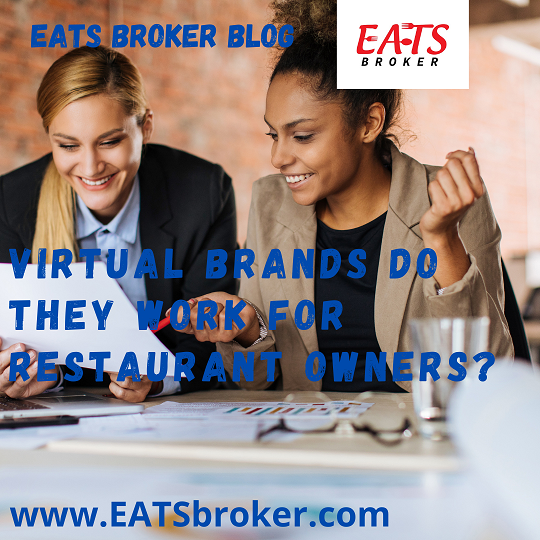
By now, most people have heard about Ghost Kitchens and Virtual Brands, do they work? Virtual Brands are restaurant concepts that are online-only brands that offer pickup and delivery. Virtual Brands help restaurant owners create multiple brands to represent its existing menu. Restaurant owners have complained about third-party platforms only allowing restaurants to choose a […]
Issues for Business Brokers after Covid-19
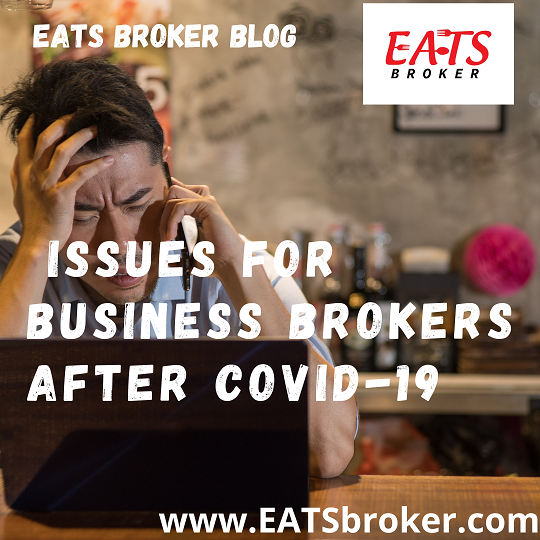
EATS Broker attended the Georgia Association of Business Brokers (GABB) Spring Conference last month. The conference was to educated Business Brokers about the issues for Business Brokers conducting sales transactions after Covid-19 depending on if they represent the buyer, seller, or both. The biggest take-away for EATS Restaurant Brokers was the different issues a Seller’s […]
Dominique Maddox of EATS Broker Sells CANS Taqueria
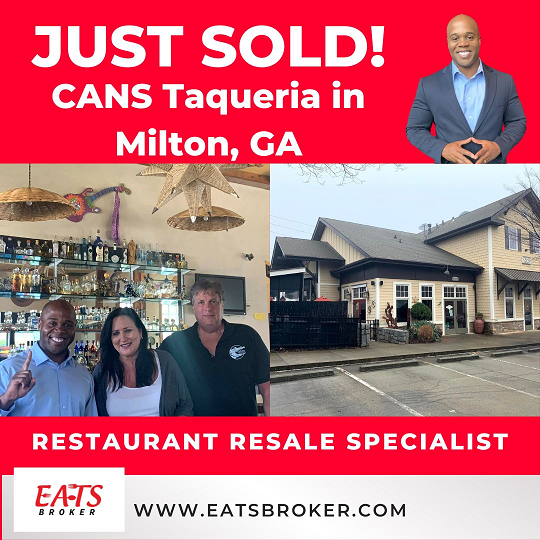
Dominique Maddox of EATS Broker Sells CANS Taqueria located at 12635 Crabapple Rd. Milton, GA 30004 Dominique Maddox of EATS Restaurant Brokers Sells CANS Taqueria located at 12635 Crabapple Rd. Milton, GA 30004. EATS Broker represented buyer and seller. The buyer’s family owns the following successful restaurants in Alpharetta, Southern Porch, Mercantile Social, and Flatlands […]
How does Covid-19 affect Restaurant Valuations?
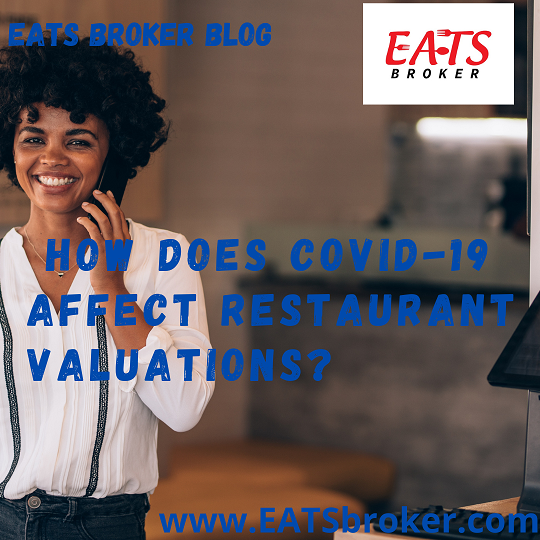
Everybody has a unique story about how the coronavirus crisis has affected their lives. During my alone time I have thought about how does Covid-19 affect Restaurant Valuations moving forward? My personal story as a Restaurant Broker is that I was scheduled to close my 1st deal with my brokerage EATS Restaurant Brokers in March […]

